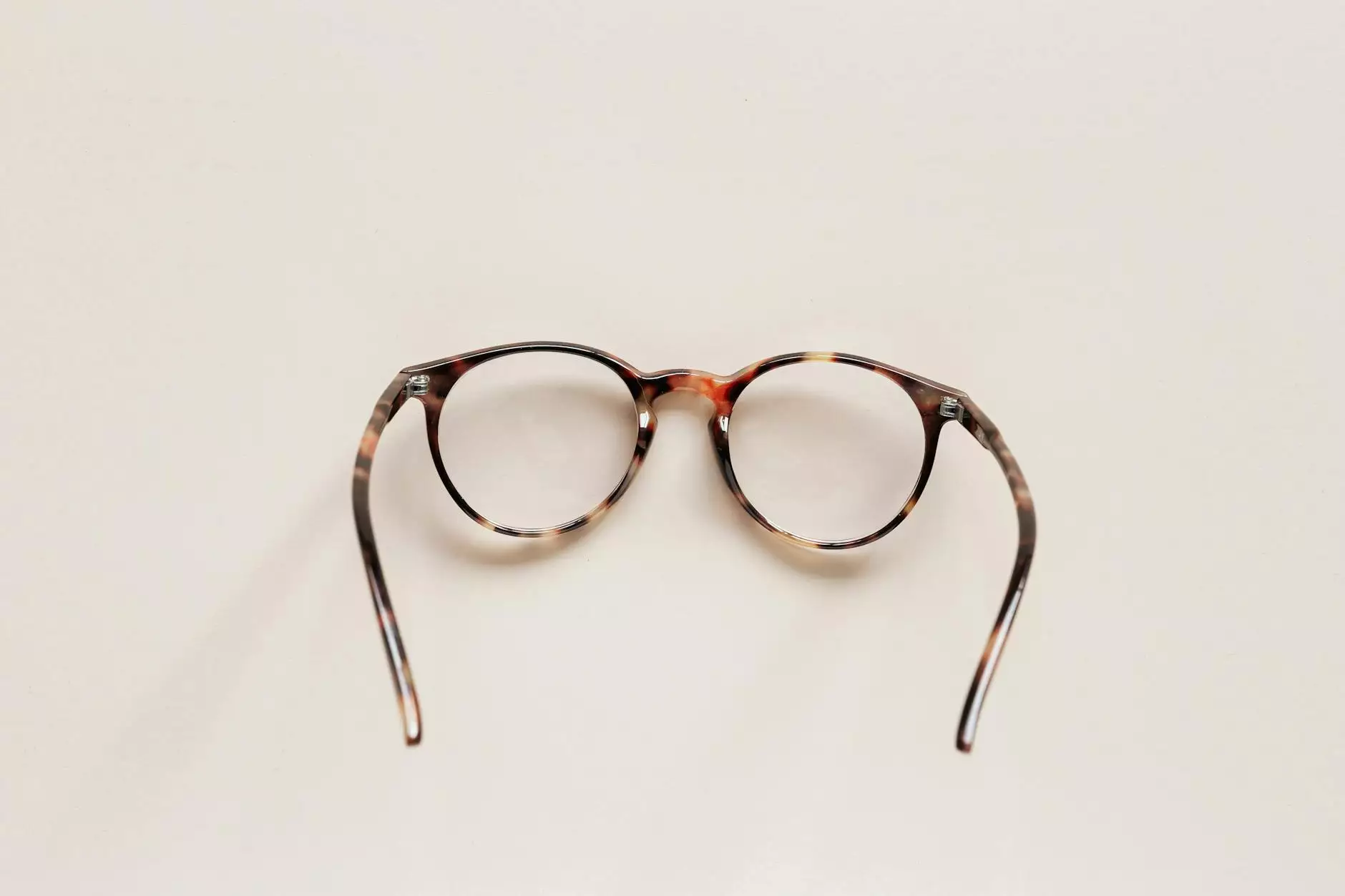Surgical Knife Types - A Comprehensive Guide

Welcome to Grey Medical, your premier destination for all things related to health and medical care. In this comprehensive guide, we will take an in-depth look at the different types of surgical knives used by doctors and medical centers.
The Importance of Surgical Knives in Medical Practice
Surgical knives play a crucial role in various medical procedures, enabling doctors to make precise incisions and perform intricate surgeries. These medical tools come in a range of shapes, sizes, and materials, each designed to cater to specific surgical needs. Let's delve into some of the most commonly used surgical knife types and their applications.
1. Scalpels
Scalpels are widely regarded as one of the most fundamental surgical tools. They consist of a handle and a replaceable, ultra-sharp blade. The blades are usually made of stainless steel or high-quality carbon steel, ensuring exceptional cutting precision. Scalpels are commonly used in surgeries requiring precise incisions, such as neurosurgeries, dermatological procedures, and general surgeries.
2. Suture Removal Scissors
Unlike scalpels, suture removal scissors have a blunt tip. They are primarily used to remove sutures or stitches after a surgical wound has healed. These scissors have a unique design that prevents accidental injury, ensuring patient safety. The blades are usually made of stainless steel, which guarantees durability and easy sterilization.
3. Retractors
Retractors are surgical tools used to hold incisions open during various procedures. They come in different shapes and sizes, including hand-held retractors and self-retaining retractors. Hand-held retractors are commonly used for small incisions, while self-retaining retractors are ideal for longer surgeries. Retractors play a vital role in providing optimal visibility and access to the surgical site.
4. Dissecting Knives
Dissecting knives are specifically designed for delicate dissection procedures. They have a sharp, fine-tipped blade that facilitates precise cutting and separation of tissues. These knives are commonly used in anatomical dissections, plastic surgeries, and other procedures that require intricate tissue manipulation.
5. Bistoury Knives
Bistoury knives, also known as surgical microknives, are incredibly fine and sharp instruments. They are typically used for highly specialized surgical procedures, such as ophthalmic surgeries and microsurgeries. Bistoury knives offer exceptional control and precision, enabling surgeons to perform the most intricate operations with utmost accuracy.
6. Dermatome Knives
Dermatome knives are essential tools in dermatological procedures, particularly skin grafting. These knives are designed to precisely remove thin layers of skin for transplantation purposes. Dermatome knives come in various blade widths, allowing surgeons to customize the grafting process according to the patient's specific needs.
7. Bone Cutting Knives
As the name suggests, bone cutting knives are specifically engineered to cut through bone during orthopedic surgeries. These knives have durable, sharp blades that can smoothly penetrate bone structures without causing unnecessary trauma. Bone cutting knives are instrumental in procedures like joint replacements, fracture fixations, and spinal surgeries.
8. Electrocautery Knives
Electrocautery knives combine the cutting ability of a knife with the coagulation properties of electrocautery. These advanced surgical tools use heat to seal blood vessels during the incision, minimizing bleeding and reducing the risk of complications. Electrocautery knives are commonly used in procedures where precision cutting and hemostasis are both critical.
Conclusion
There you have it - a comprehensive guide to surgical knife types. Understanding their applications and functionalities is crucial for both medical professionals and patients alike. At Grey Medical, we offer a wide range of surgical knives to cater to diverse surgical needs. Our commitment to providing high-quality medical tools ensures the utmost precision, safety, and efficacy in surgical procedures.
Remember, when choosing surgical knives, it's essential to consult with your healthcare provider to determine the most suitable option for your specific needs. By partnering with trusted medical professionals and utilizing top-of-the-line surgical instruments, we can ensure the best possible outcomes for patients.
For more information about surgical knife types or any other medical inquiries, visit our website grey-medical.com. Our team of experts is always ready to assist you in achieving optimal healthcare outcomes.










